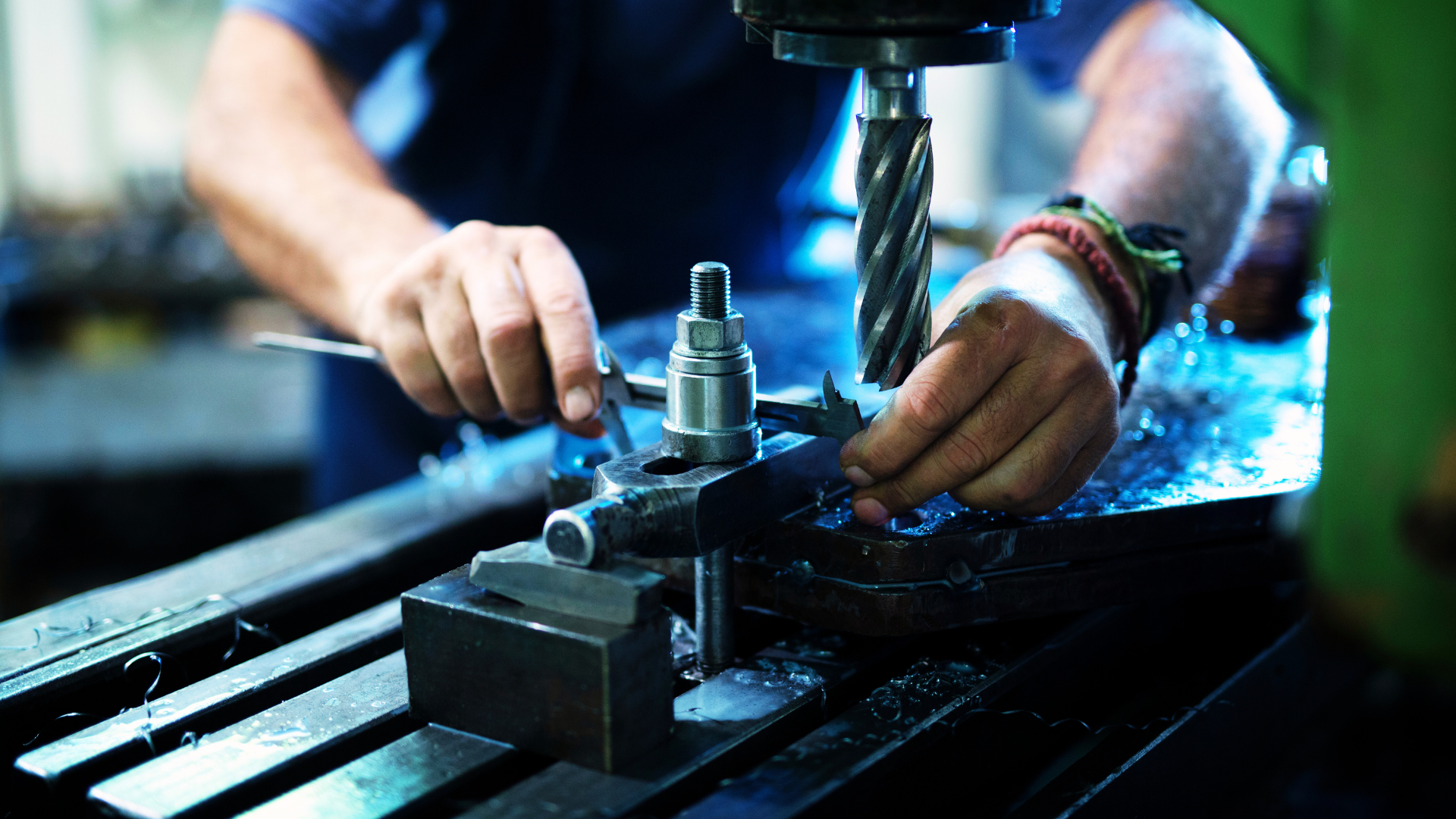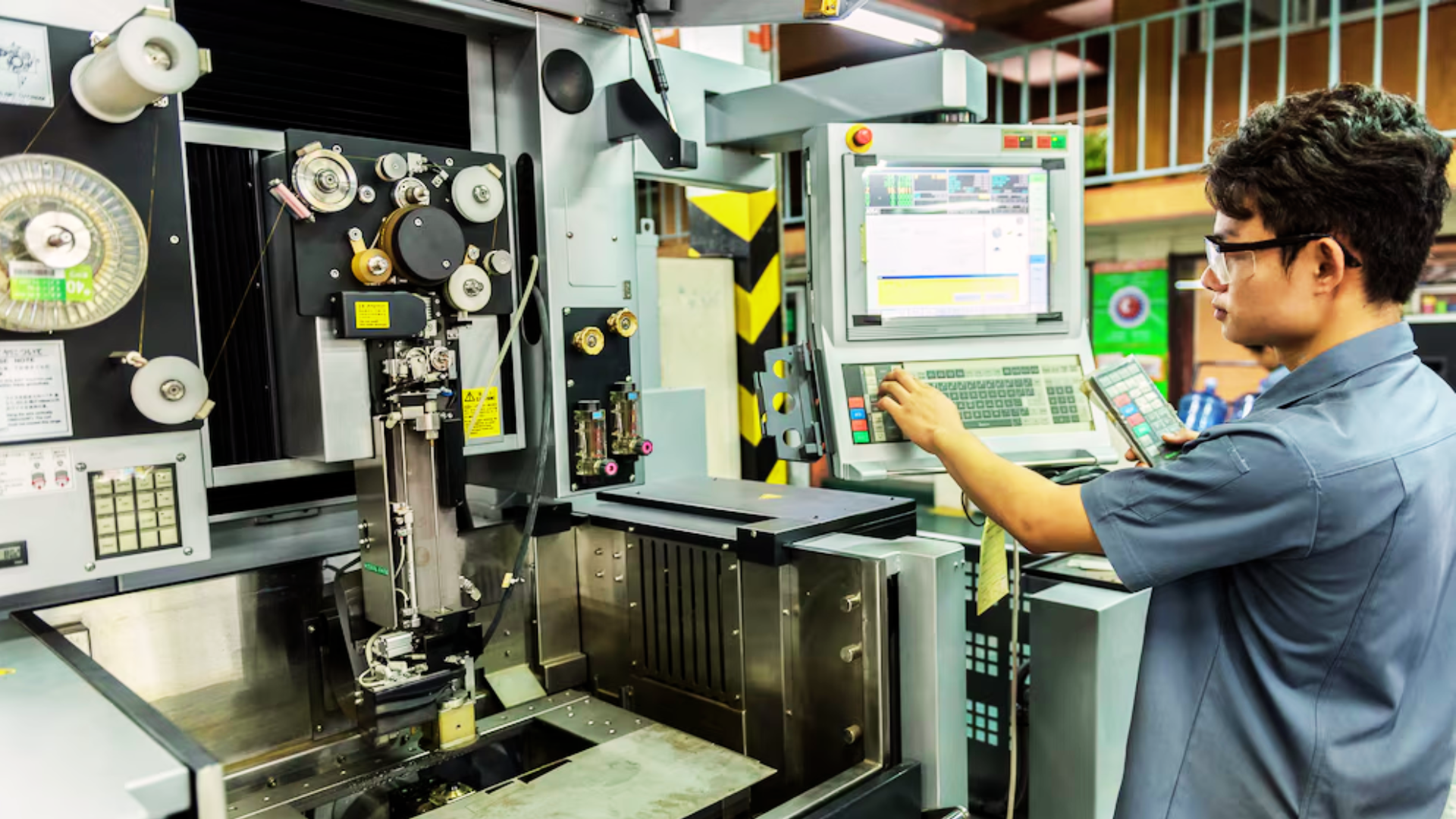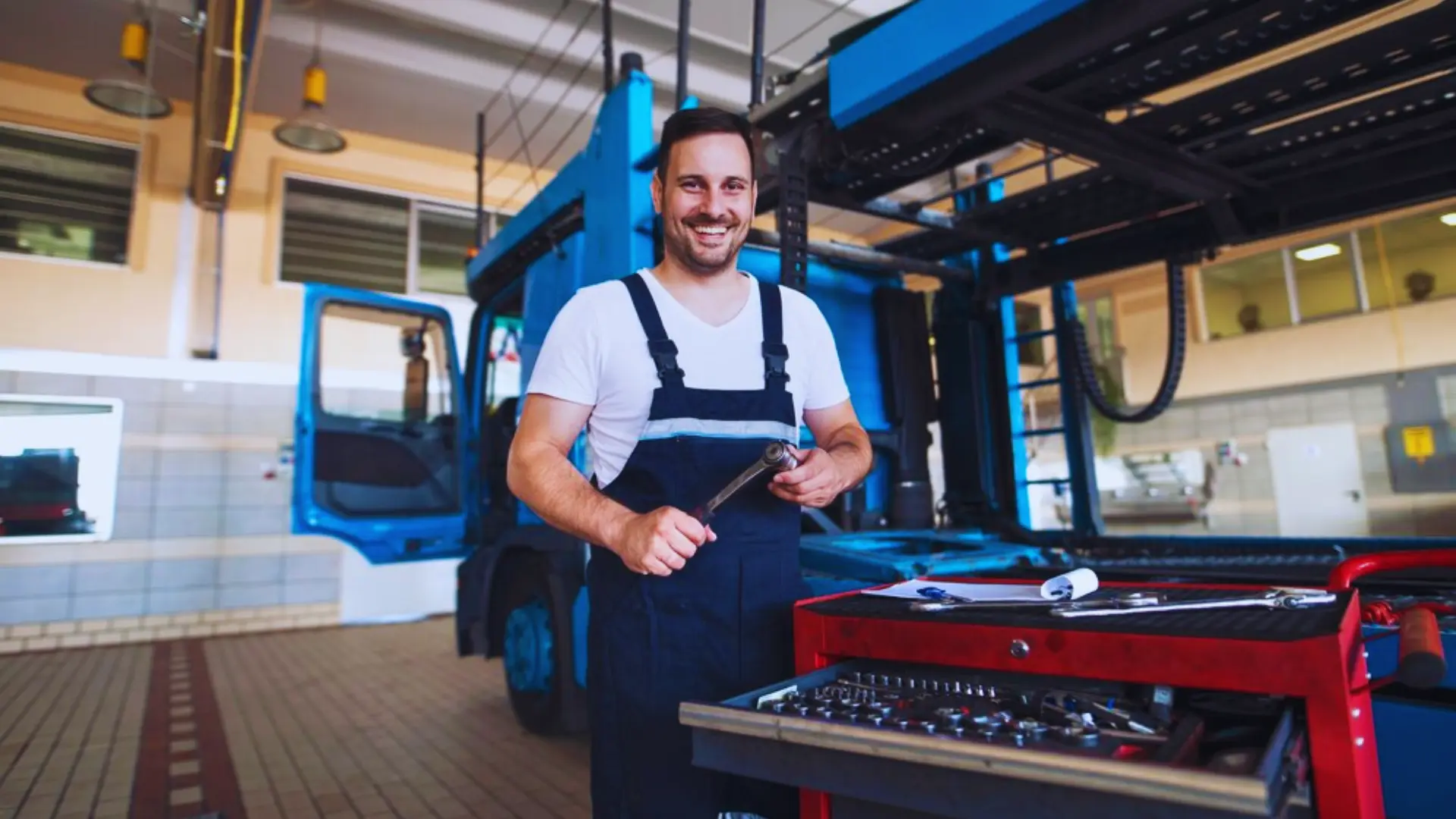Having the right equipment can be the difference between smooth operations, profits, growth and missed opportunities. For many small business owners and startups in India, buying brand-new machinery isn’t always financially feasible — especially with increasing working capital and other expenses. For forward-thinking businesses, a machinery loan is a practical solution, particularly when it comes to financing used machinery.
This form of business loan is gaining popularity among enterprises looking to grow without draining their savings. Let’s explore how you can avail an equipment loan and make the most of it.
What is a Machinery Loan, and How Does It Work?
A machinery loan is a type of business loan meant for the purchase of new equipment, used machinery or to upgrade existing ones. These loans help business owners improve production capacity without needing heavy upfront investment.
You can get a machinery loan for buying pre-owned or new equipment or even heavy machinery, depending on the type of business you’re in. The loan amount depends on your business turnover, creditworthiness, and the value of the equipment.
Can You Get a Business Loan for Used Machinery?
Absolutely! Many Non-Banking Financial Companies (NBFCs) and small finance banks offer machinery loans specifically for used machinery. It’s a viable option for small businesses that want to save on costs but still improve productivity and commit to business growth.
Used machinery is cheaper and has already gone through its major depreciation phase. The depreciation curve flattens as the equipment ages, making used but well-maintained machinery ideal for equipment financing. However, ensure that the equipment is in good condition and has a valid quotation from the seller.
What Are the Benefits of Availing a Machinery Loan?
Procuring advanced machinery is sure to help your business gain more momentum in production, more clients, and simpler operations. However, a machine loan provides other monetary and operational benefits as well. Here are the top reasons to opt for machinery loan finance:
- Access to the latest equipment: You can buy the latest equipment at economical rates, due to the depreciation, without touching your working capital.
- Flexible repayment options: Most lenders offer repayment periods from 12 to 60 months to suit your cash flow.
- High loan amounts: Loan amounts range from ₹50,000 to several crores, depending on the lender — Rs. 5 crore is common with the top NBFCs.
- Quick disbursal: The loan disbursal is often completed in 2–3 days with minimal documentation.
Downsides to a Machinery Loan
Yes, like any financing option, there are risks to consider:
- Interest rates: Depending on your credit history, interest rates can go from 12% p.a. to over 24% p.a. with NBFCs.
- Repayment burden: As with any loan, if your business has unstable cash flow, EMIs can strain your finances over a longer period.
- Loans without security may be costlier: Unsecured loans (i.e., loans without collateral) tend to have higher rates and stricter terms and conditions.
What are the Eligibility Criteria to Get a Machinery Loan?
To get machinery loan approval, you’ll usually need to meet the following eligibility criteria:
- Age of the applicant: 21 to 65 years at loan approval
- Business vintage: At least 2 years of continuous operation
- Credit history: No defaults on past loan EMIs or credit cards
- Financial statements: Bank records that show healthy cash flow
Lenders also consider your repayment capacity and business profitability. So the balance sheets of your business will bolster your chances of getting a loan.
How to Apply for a Machinery Loan in India
You might need your used machinery fast since it will be useful and will start improving your operations as soon as you set it up. So, it is really helpful that the application process for a loan for machinery purchase is straightforward:
- Visit your chosen lender’s website or branch
- Fill out the loan application form
- Upload KYC documents, business proof, and equipment quotation
- Wait for loan approval
- Receive the loan disbursal in your account
The application process is quick — some lenders disburse funds in under 48 hours.
Final Thoughts: Should You Go for a Machinery Loan?
A machinery loan is a strategic move for businesses aiming to boost productivity by acquiring or upgrading equipment and machinery. This financing option allows companies to manage cash flow and boost productivity, facilitating smart business expansion. However, it’s crucial to carefully assess interest rates, repayment options, and alignment with your business goals before proceeding.
Now, you can turn your used machinery into working capital! Apply now via the EFL Clik App.
FAQs
How does a loan against used machinery work?
A used machinery loan allows businesses to procure second-hand machinery where the loan is secured against the machinery bought.
Can I get a loan against any type of used machinery?
Loan eligibility depends on the lender’s policies and the type of machinery. Generally, equipment that retains significant value and is essential to business operations is more likely to be accepted as collateral.
How is the interest rate determined for a used machinery loan?
Interest rates are influenced by factors such as the borrower’s creditworthiness, the machinery’s appraised value, loan tenure, and the lender’s prevailing rates. A higher credit score and well-maintained equipment can lead to more favourable terms.
Can I get a loan against used machinery without financial statements?
While some lenders may offer loans without requiring extensive financial documentation, providing financial statements can enhance your credibility, open lender options, and potentially secure better loan terms. Requirements vary among financial institutions.
Where can I apply for a business loan against used machinery?
You can apply for such loans at banks, Non-Banking Financial Companies (NBFCs), and specialised equipment financing institutions. It’s advisable to compare terms and conditions from multiple lenders to find the best fit for your business needs.




